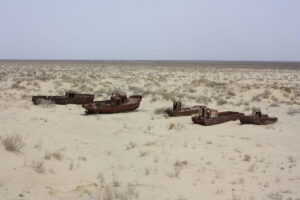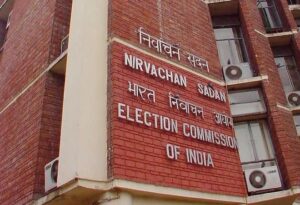Wangchuk’s Resilience Shines Amid Detention And Legal Battles

After visiting Sonam Wangchuk, his wife, Gitanjali J. Angmo, described him as composed and thankful for the nationwide support (Representational Image)
Climate activist Sonam Wangchuk, held under the National Security Act (NSA) in Jodhpur jail, remains a symbol of hope and determination as his case lingers on in the Supreme Court. His wife, Gitanjali J. Angmo, after visiting him, described Wangchuk as composed and thankful for the nationwide support. She noted that he requested a children’s encyclopedia, which she provided, and shared his uplifting message with admirers.
Angmo quoted him, saying, “He thanks everyone for their support and shares this song of optimism to not lose hope… ‘रात भर का है मेहमान अंधेरा, किस के रोके रूका है सवेरा; रात जितनी भी संगीन होगी, सुबह उतनी ही रंगीन होगी’ (darkness is but a guest of the night; dawn cannot be stopped — the darker the night, the more radiant the morning).”
Shortly after her visit, the Supreme Court postponed the hearing of Angmo’s petition to October 29. Justices Aravind Kumar and N.V. Anjaria acknowledged her intent to amend the plea to challenge the detention grounds. Senior advocate Kapil Sibal, representing Angmo, informed the bench, “We seek to amend our plea and request that Wangchuk be permitted to exchange written notes with his wife.” Solicitor-General Tushar Mehta, for the government, replied, “I have no objection to the request.”
The court also recorded an affidavit from the Jodhpur Central Jail jailor, confirming Wangchuk’s recent meetings with his brother and lawyer. Earlier, on October 6, the court had issued notices to the Centre and Ladakh but refused to mandate immediate disclosure of detention grounds.
Wangchuk, 57, was arrested on September 26 following protests in Ladakh for statehood and Sixth Schedule status, which resulted in four deaths and over 90 injuries. Officials alleged he incited the unrest. The NSA empowers authorities to detain individuals for up to 12 months to prevent acts against India’s defense, though reviews can lead to earlier release.
Wangchuk’s detention has sparked outrage, with activists decrying it as an abuse of power. Renowned for his environmental campaigns and educational innovations in Ladakh, he has garnered international support. His case highlights the tensions between security laws and civil liberties in India.
Despite his circumstances, Wangchuk’s words offer solace: “The darker the night, the brighter the dawn.” This philosophy not only sustains his spirits but also motivates a broader movement for justice and sustainability.





